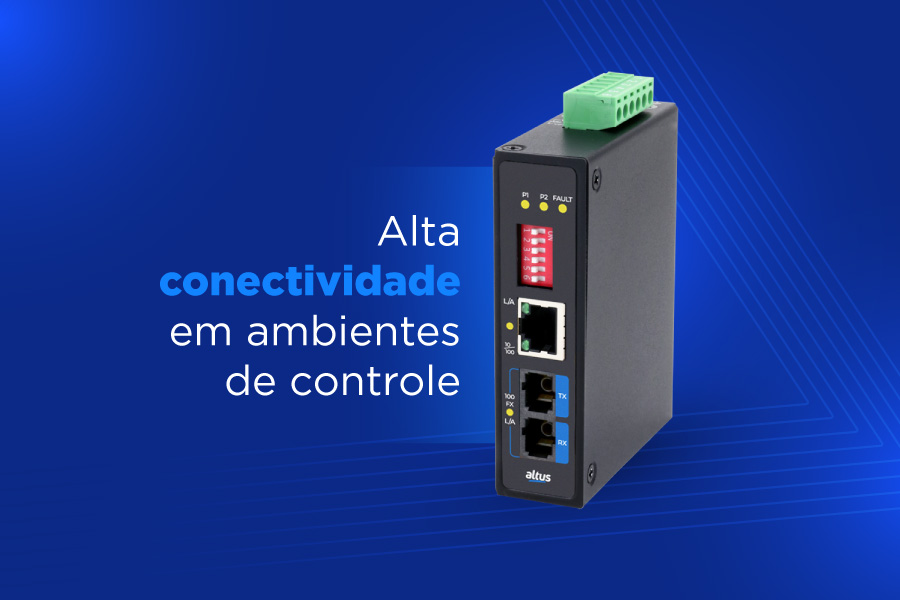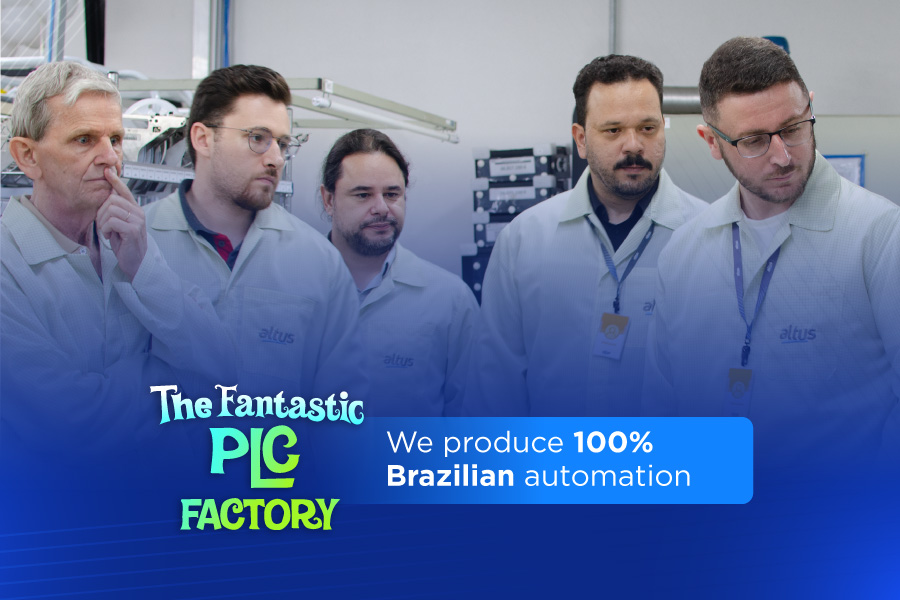As we reported a few weeks ago, Altus is engaged in projects to produce equipment that can help combat the COVID-19 pandemic. One of these initiatives is already at an advanced stage and soon the solution under construction will be able to help save countless lives in hospitals in different regions of Brazil. This is the mechanical respirator developed in partnership with the SENAI Institute of Innovation in Renewable Energies of Rio Grande do Norte (ISI-ER), a device in the final testing phase awaiting approval from Anvisa to reinforce the National Health System in the fight against the Coronavirus.
The device was designed by the SENAI-RN engineering team, in partnership with Altus, the Federal University of Rio Grande do Norte (UFRN) and the Federal University of Campina Grande (UFCG). All equipment actions are managed by a Nexto Xpress PLC, a line of compact controllers from the Nexto Series, together with a P2 HMI. The technology of Altus products also allows the respirator to have a database, volume and alarm system.
Why do we need mechanical ventilators?
It is estimated that 5% of patients with COVID-19 end up suffering from the so-called acute respiratory distress syndrome (ARDS). The clinical condition occurs due to an excessive inflammatory response of the body to the virus that ends up creating a membrane in the lungs, which makes it difficult to absorb oxygen and results in respiratory failure. What the mechanical respirator does is push air into the patient, forcing the absorption of oxygen.
Until the beginning of the pandemic, Brazil had 61,000 ventilators in operation. The expectation is that this number will have increased by at least 25% by the end of the health crisis.
Check out the report on respirators broadcast on the RN no Ar program here:
*Foto: Divulgação Senai












